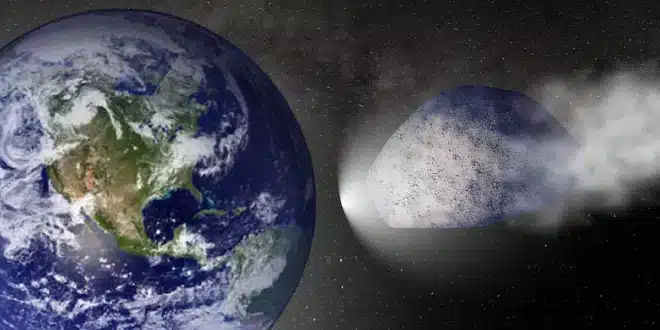Scientists have long been searching for the origins of life on Earth, and new theories continue to emerge. In a recent study, researchers have suggested that cosmic dust might have played a crucial role in kick-starting life on our planet.
The latest findings propose that solving the mystery of life’s origins may come from a deeper investigation into cosmic dust. Previous theories pointed to “prebiotic chemistry,” where organic compounds formed and self-organized into the foundations of life. However, scientists noted that the Earth’s surface rocks lack reactive and soluble forms of essential elements like phosphorus, sulfur, nitrogen, and carbon, which are key to this prebiotic process.
In a paper published in *Nature Astronomy* earlier this year, scientists highlighted that Earth faced “fierce competition” for these limited essential elements, leading to questions about how life could have developed in such challenging conditions.
One popular theory suggests that the necessary ingredients for life were delivered to Earth from elsewhere, but scientists struggled to explain how these materials could reach the planet’s surface without being destroyed in the process.
Could cosmic dust hold the key to life’s origins?
The study in *Nature Astronomy* focused on fine-grained “cosmic dust,” which is created by asteroid collisions or the breakdown of comets as they move through the solar system. Unlike larger objects, the researchers noted that cosmic dust arrives on Earth in a relatively steady flow over time. Importantly, some of this dust passes through Earth’s atmosphere more gently than larger impactors, preserving primitive elements necessary for life.
The team explained that cosmic dust has often been overlooked in theories about life’s origins because it is spread out over large areas, making it difficult to study. However, natural processes on Earth do concentrate cosmic dust deposits in certain locations, making it possible to examine these materials more closely.
“There are many planetary processes that can gather fine-grained materials from vast areas and create concentrated deposits,” the researchers noted, suggesting that these cosmic dust deposits might hold important clues to understanding how life began on Earth.


